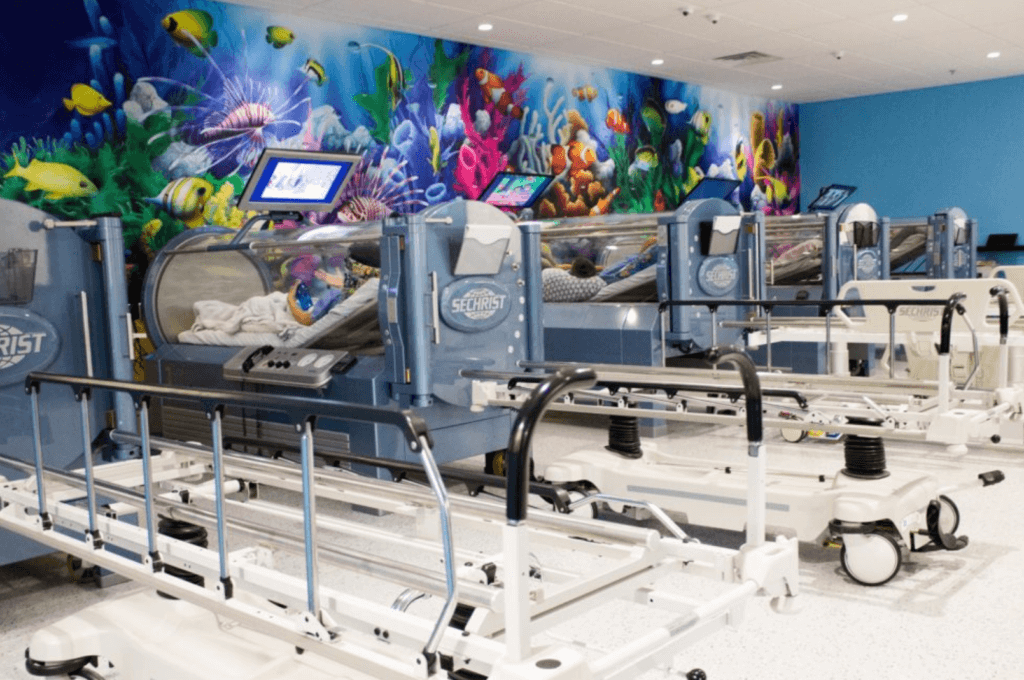Concussions: More Than “Getting Your Bell Rung”?

Most people know someone who has had a concussion or has even had one themselves. If you are an athlete in a high impact sport, odds are you’ve had a concussion of your own. Because concussions happen so frequently, there is a common misconception that they aren’t a big deal. You just, “got your bell rung.” No big deal… right?
What is a Concussion?
A concussion is a type of traumatic brain injury (TBI) that occurs when the brain is jostled inside the skull. This can happen because of a blow to the head, a fall, or a sudden stop in motion, such as in a car accident. The effects of a concussion can range from mild to severe, and can include symptoms such as headache, dizziness, confusion, memory loss, and difficulty concentrating. Typically, once you have had one, you are more likely to get another one.
Concussions are a common injury, particularly in sports such as football, soccer, and hockey. In fact, studies show there are as many as 3.8 million sports-related concussions in the United States each year. However, concussions can also occur in other ways, such as from a fall or a car accident.
It is important to seek medical attention if you suspect that you or someone you know has sustained a concussion. A doctor will be able to evaluate the individual and provide appropriate treatment.
How To Identify
Concussions can be difficult to identify, as the signs and symptoms can vary from person to person and may not always be immediately obvious. However, there are some common signs and symptoms of a concussion that can help to indicate that an injury has occurred.
- Physical Symptoms: These can include a headache, nausea, dizziness, balance problems, double or blurry vision, sensitivity to light or noise, and fatigue.
- Cognitive Symptoms: These can include confusion, memory loss, difficulty concentrating, and feeling dazed or disoriented.
- Emotional Symptoms: These can include irritability, sadness, anxiety, and changes in mood or behavior.
- Loss of Consciousness: A loss of consciousness, even briefly, can be a sign of a concussion, but it is not always the case.
It’s important to note that some of these symptoms may not appear until days or even weeks after the injury. Also, if someone has a history of concussions, the symptoms may be more severe.
If Left Untreated
If a concussion is left untreated, it may lead to a number of serious complications. Some of the potential consequences of untreated concussions include:
- Second Impact Syndrome: This is a rare but potentially fatal condition that can occur when a person sustains a second concussion before the symptoms of the first one have fully resolved. The brain swells rapidly and can cause severe brain damage or death.
- Post-Concussion Syndrome: This is a group of symptoms that persist for weeks or months after the injury. These can include headaches, difficulty with memory and concentration, and changes in mood or behavior.
- Cognitive Impairments: Long-term cognitive impairments can occur if a concussion is left untreated such as difficulty with attention, memory, and concentration.
- Emotional Changes: People who have had a concussion may experience changes in mood or behavior, such as irritability, anxiety, or depression.
- Increased Risk of Further Injury: If a person returns to activities, such as sports, before fully recovering from a concussion, they are at risk of sustaining another concussion, which can have more severe consequences.
- Chronic Traumatic Encephalopathy (CTE): This is a progressive degenerative disease that can occur due to repetitive head injuries. Symptoms include cognitive and emotional difficulties, as well as Parkinsonian symptoms.
The standard approach to treating concussions is to watch and wait. The problem with this is that when it comes to concussions, the sooner the treatment, the quicker the healing. While concussion symptoms may improve through simply resting, they could also worsen. So why take the risk?
The Oxford Center’s Approach to Concussions

The Oxford Center takes a proactive approach to treating concussions and TBI. We understand you do not want to take risks when it comes to your health, and we can help you avoid any long-term effects from concussions. That’s why we turn to Hyperbaric Oxygen Therapy (HBOT).
Hyperbaric Oxygen Therapy decreases inflammation, oxygenates the entire body, stimulates the growth of new healthy blood vessels, and releases healthy cells, up to 800% more after twenty sessions. Research has shown that HBOT has a significant improvement in cognitive symptoms, improves brain perfusion (blood flow), reactivates neuronal activity in stunned areas of the brain, reduces brain edema and repairs tissue.
No physical injury can heal without oxygen and the same applies for the brain. The improvement of symptoms is most ideal if a patient is treated with Hyperbaric Oxygen Therapy within 48 hours of the injury. However, dramatic improvement of symptoms is possible even years after the injury occurred.
In an HBOT chamber, the patient breathes 100% pure oxygen and air pressure is raised above normal atmospheric pressure. Normal air only has oxygen levels of 21% so the difference is dramatic. As patients breathe normally in the chamber, their lungs absorb increased amounts of oxygen and super-oxygenated blood carries throughout the body. This initiates and supports the body processes that help the brain recover and improve the symptoms of a concussion.
No matter how severe, The Oxford Center can help you on your way to recovery.